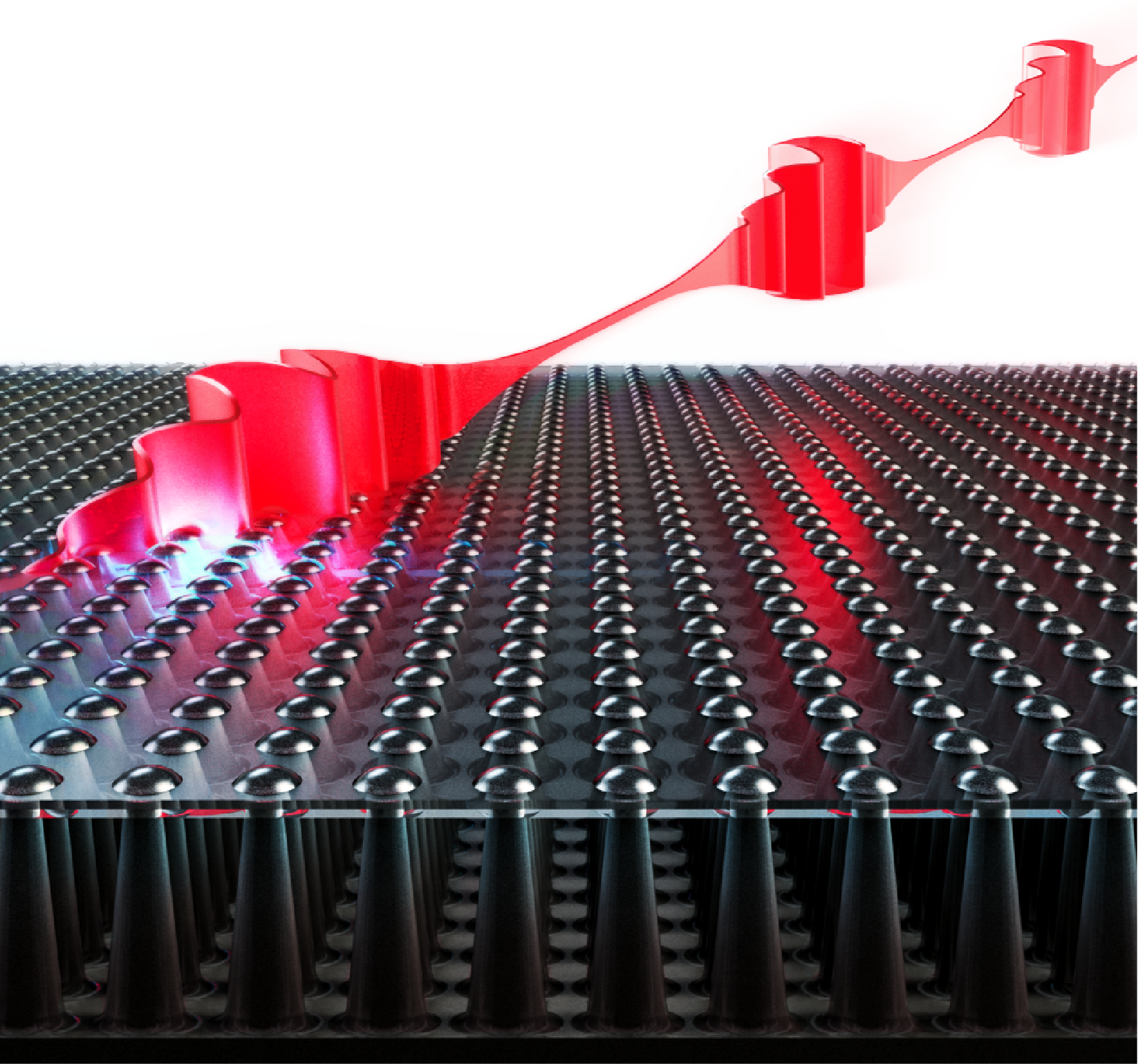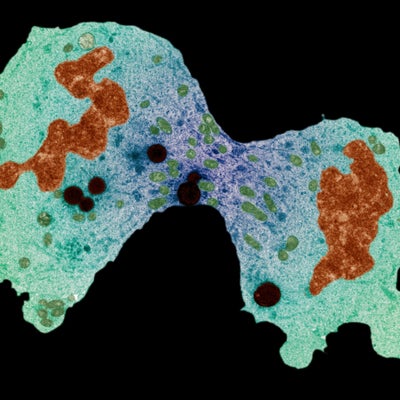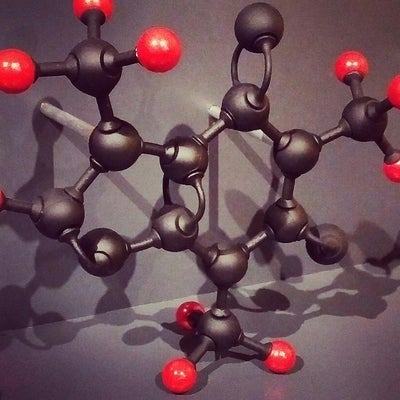
Increased sensitivity, selectivity and efficiencies
Quantum states are fragile. This is a challenge for quantum computing, but an incredible advantage for developing high-sensitivity sensing devices. Quantum sensors will give us unprecedented insight into the smallest features of our world. There are many potential applications, like personalized medicine, early cancer detection, biological processes mapping, 3-D mapping of individual protein molecules. nanotechnology, improved geological exploration, and much more!
Quantum sensors will also play a crucial role in the discovery of new quantum materials needed to build a large-scale quantum computer.
One promising example of a quantum sensor uses defects in diamonds. Perfect diamonds are made of pure carbon, but sometimes a nitrogen atom can sneak in, creating a defect. A diamond’s defect holds electrons that can absorb green light and emit red photons when near a very weak magnetic field. Scientists can potentially use this to sense the spin of the hydrogen’s nucleus – the proton. In this way they can create very sensitive sensors that can make 3D images of small molecules. They can also make 3D images of complex biological molecules, like proteins.
Explore quantum sensors
Below is an artist's representation of the advanced technology being researched in IQC researcher Michael Reimer's lab. It depicts incident single photon pulses being absorbed by a tapered semiconductor nanowire array photodetector. Learn more about this cutting edge quantum sensing technology, and see how Michael Reimer is developing a quantum sensor that could help improve cancer treatment.






